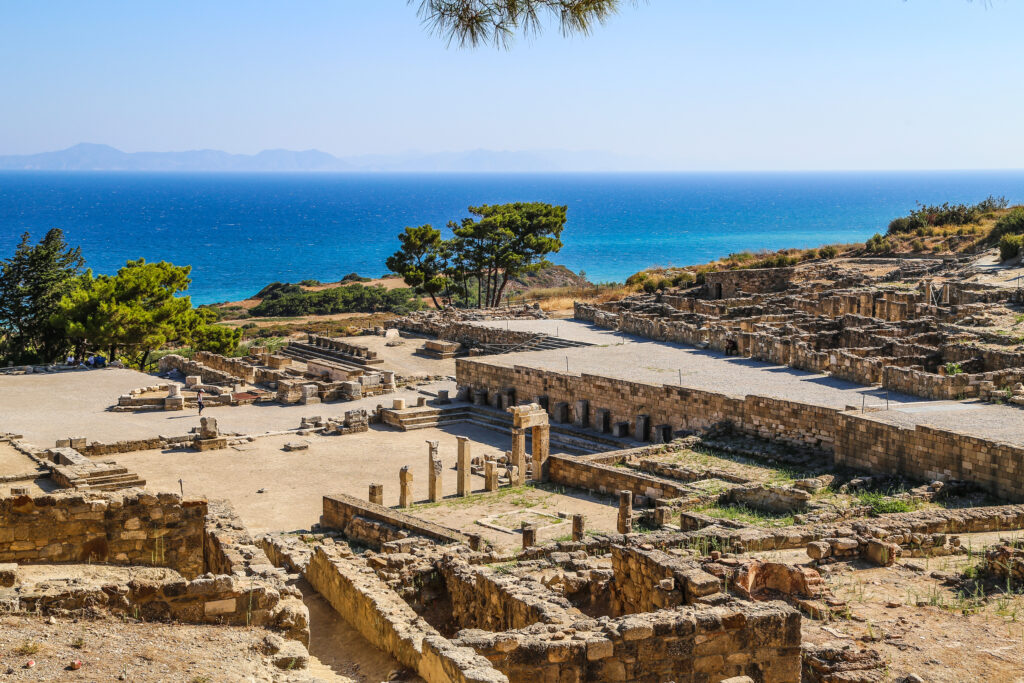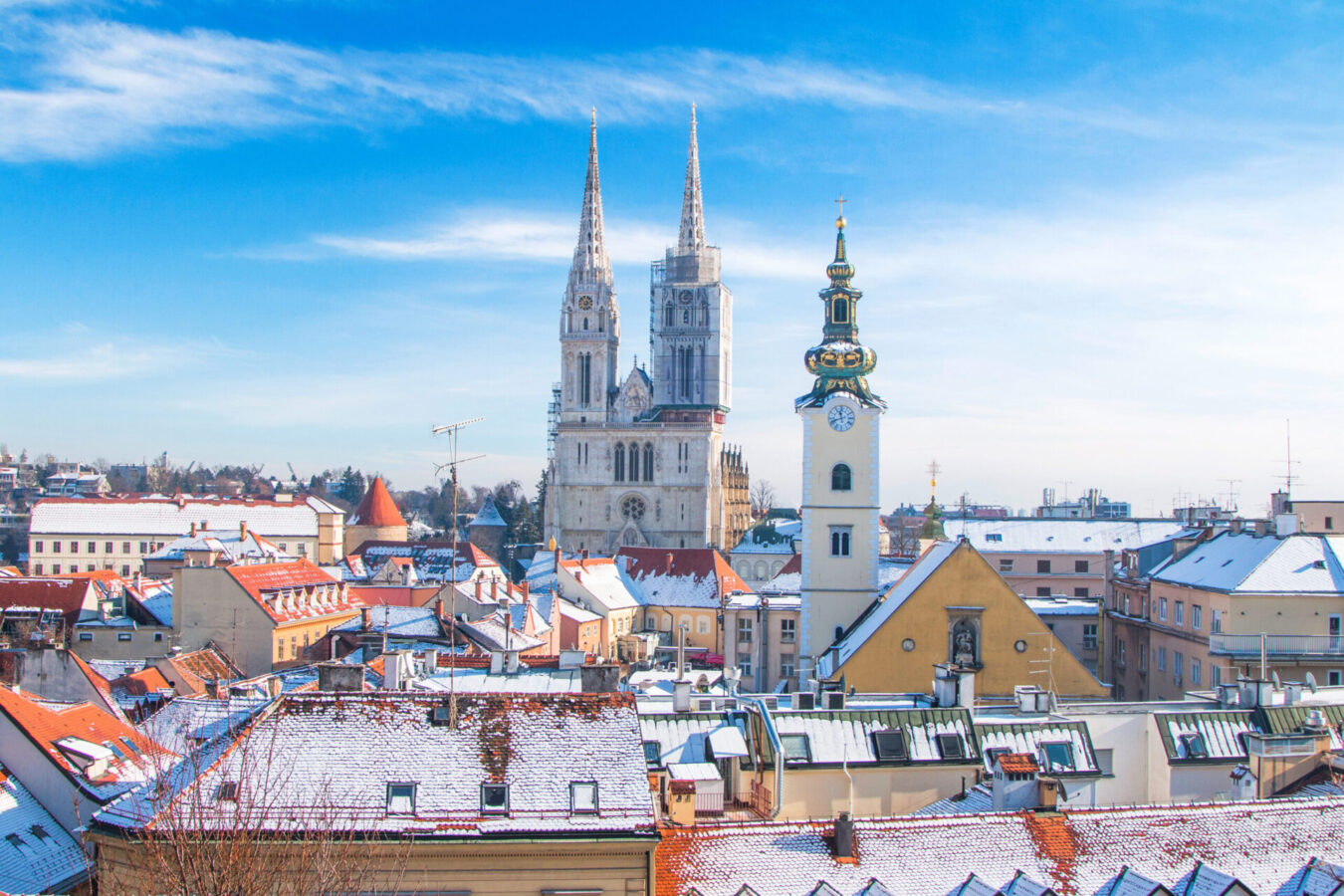Spotlight on Rhodes Mythology
Revealing the fables & legends of the island
Rhodes, the largest island in the Dodecanese archipelago of Greece, is filled with mythological fables. The following are a few of the legends associated with Rhodes mythology. Care to discover them all?
Here are a few notable references linking it to various stories from other parts of the Greek mythological world:
Helios and the Sun Chariot: In Greek mythology, Rhodes island was believed to be the island of Helios, the god of the sun. According to the myth, Helios would ride his golden sun chariot across the sky each day, illuminating the world. This association with Helios gave Rhodes the epithet “the Island of the Sun” which is a testament to the amazing sea & sun that graces the Rhodian shoreline. Another legend says that when Zeus defeated the Giants, he decided to divide the world among the gods of Olympus. Helios was absent during the casting of the lots, however, he asked Zeus to give him the land which would rise out of the sea. As he spoke, there slowly emerged from beneath the sea’s surface a striking island, profuse with roses, ‘rhodon’ in Greek, linking Rhodes’ current name back to this legend.
The Colossus of Rhodes: This is perhaps the most famous myth associated with Rhodes island. According to the legend, after successfully defending the island against an invading army, the people of Rhodes decided to build a massive statue of the sun god Helios to commemorate their victory. This statue, known as the Colossus of Rhodes, was said to have stood astride the entrance to the island’s harbor. While the exact details of its construction and appearance are debated, it is widely regarded as one of the Seven Wonders of the Ancient World.


The Rhodian Deer: Another myth associated with Rhodes involves the sculptures of two deer at the entrance of Mandraki port in the New town. One story goes that the sculptures were already there when mythical hero Jason and the Argonauts arrived on the island during their quest to acquire the Golden Fleece. This male deer was said to have golden antlers, and it was believed to be sacred to the goddess Artemis. Another story claims that the sculptures date back to the 6th century BC when Rhodes island was called ‘Elaphousa’ due to the high population of the local Dama-Dama deer. Others say the deer species were brought to the island by the Crusaders during Medieval times.
The Nymph called Rhode: According to another Rhodes mythology story, Rhode was a sea nymph and daughter of the god Poseidon. Helios the sun god, fell in love with her and gave her the most beautiful of all the islands, that of Rhodes, as her home. They apparently had seven sons and a daughter. Of their children, Kerkaphos had three children of his own: Kamiros, Ialysos and Lindos. They decided to divide up the island by each building a city, cities that still stand today.


There are many other stories linked to Rhodes mythology and especially around the name-giving of the island. The name itself has changed more than a few times over the course of its history. Rhodes island was also known by several other names, some notable mentions are Ophioussa, derived from the Greek word ‘ophis’ meaning snake, since, according to legend, many snakes inhabited the island once; the aforementioned Elaphousa, connecting it back to the population of the local Dama-Dama deer; Asteria, meaning ‘stars’ for its clear star-illuminated skies; Makaria, meaning ‘eternal’ for its disarming beauty. We could go on…
These are just a few of the mythological references associated with Rhodes. The island has a rich history and mythology that intertwines with various Greek legends, gods, and heroes. As with all mythological stories, unfortunately, there is no proof to back up any of the fables. You just have to use your imagination during your stay at one of our unique hotels in Rhodes and pick the story that calls out to you the most.



